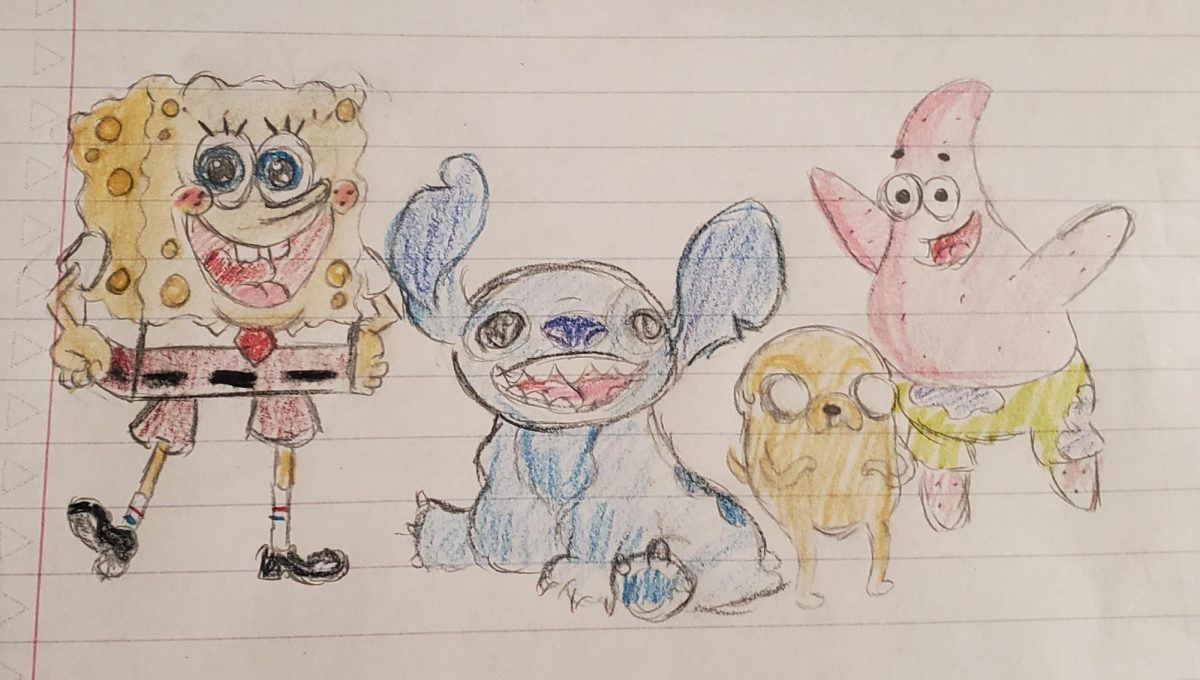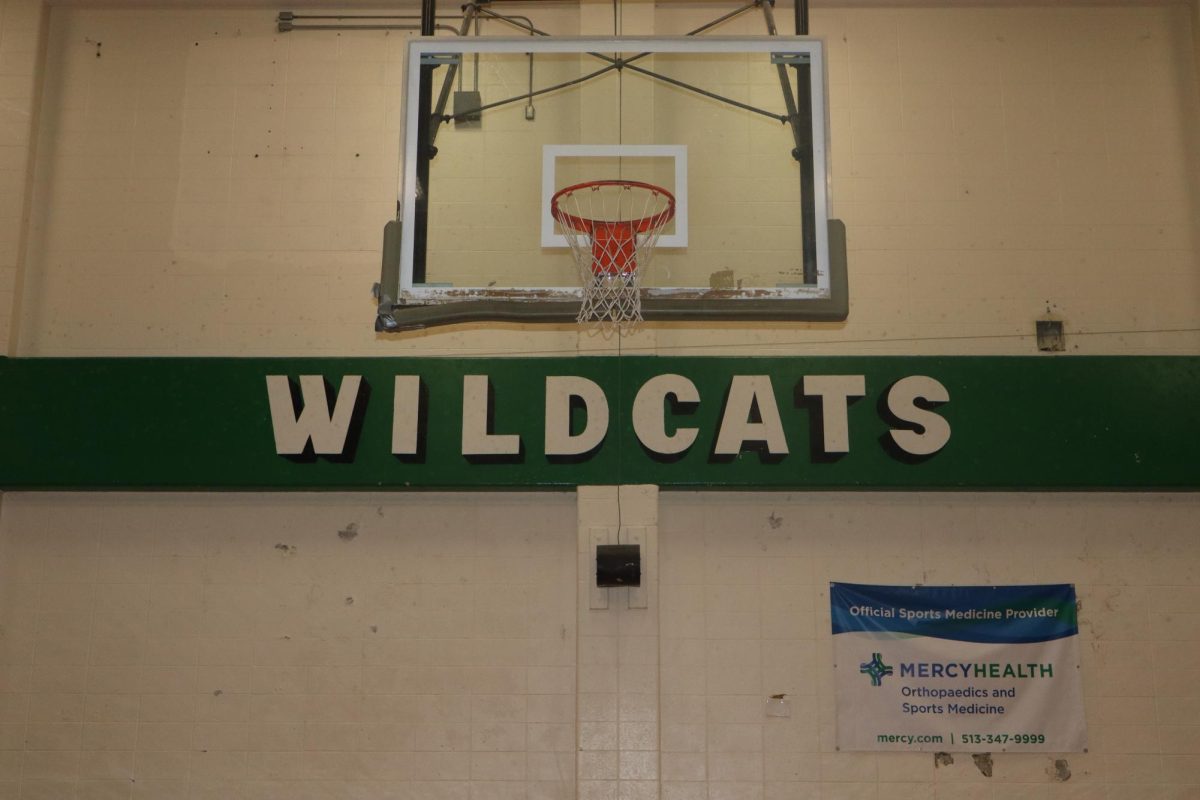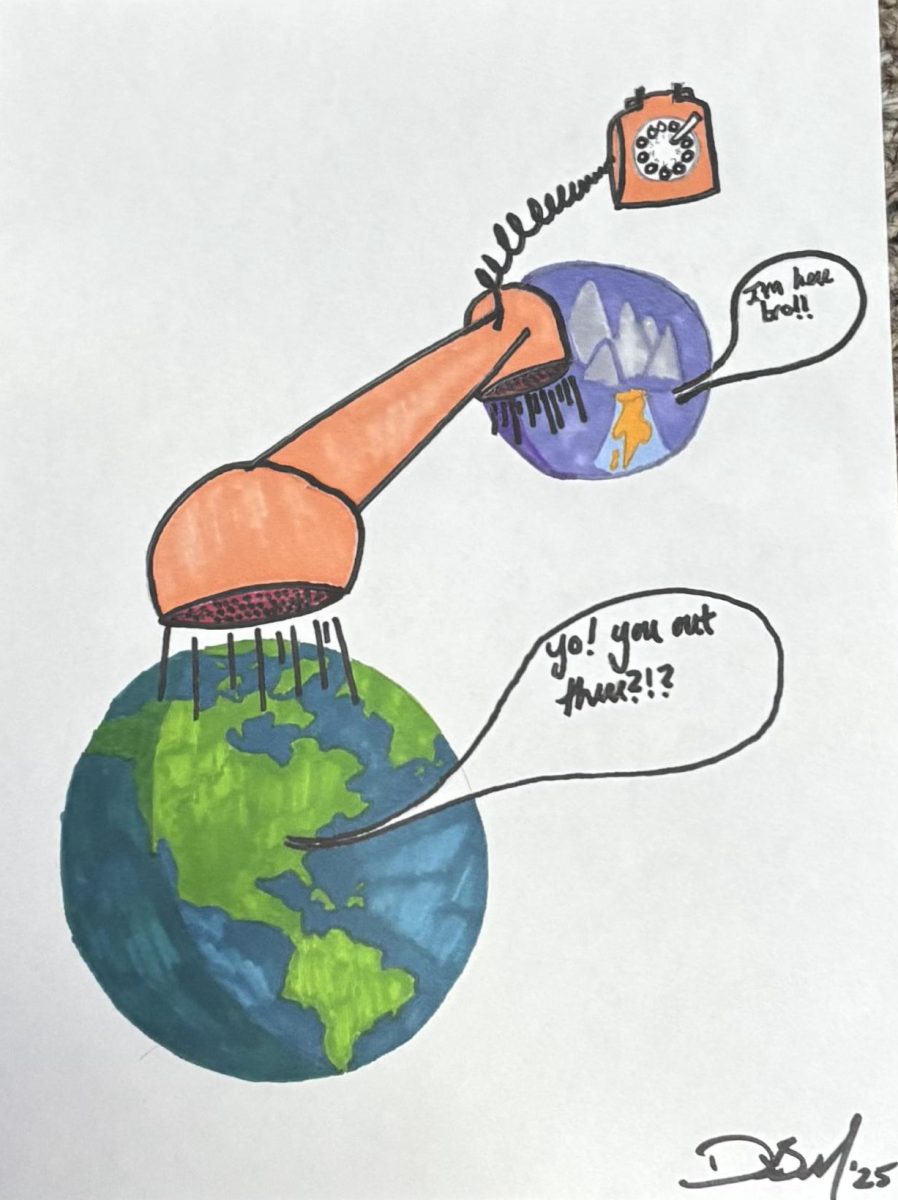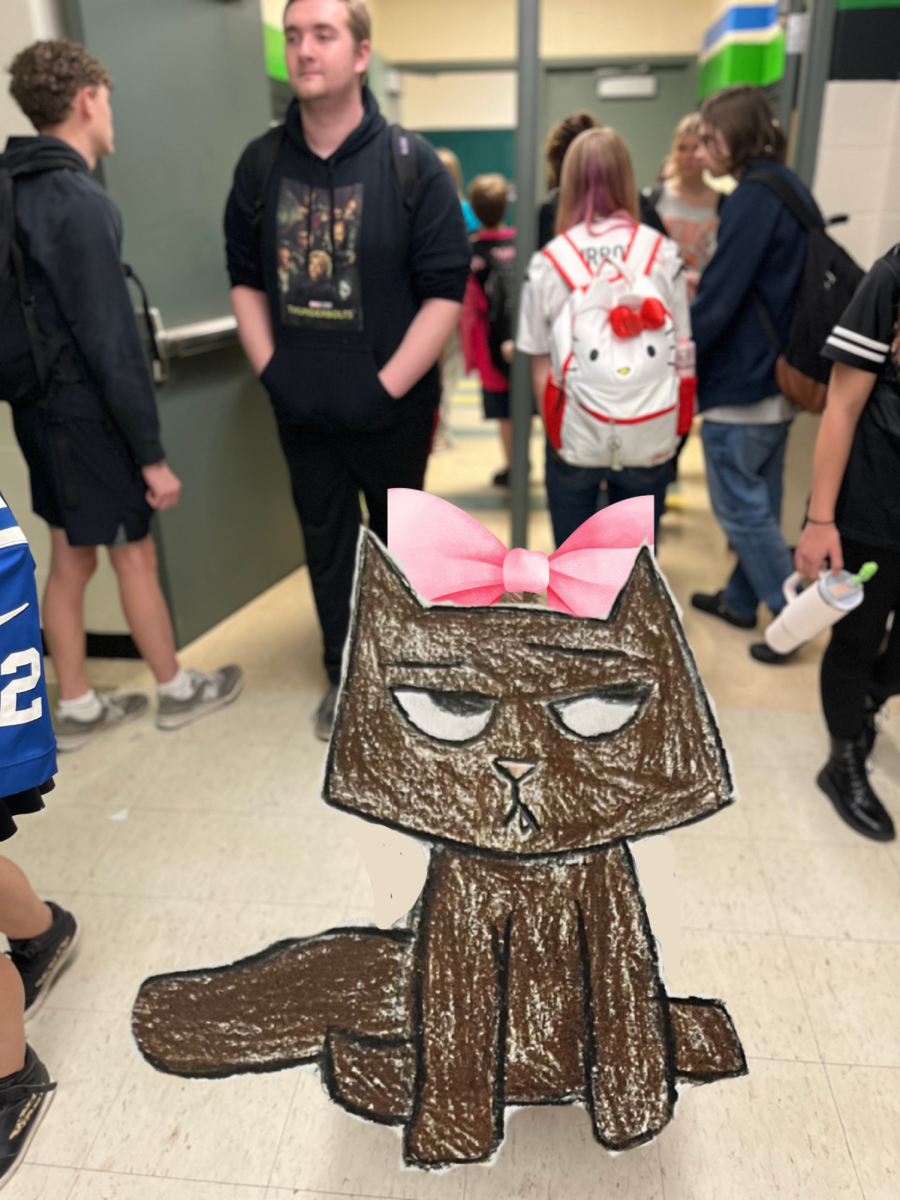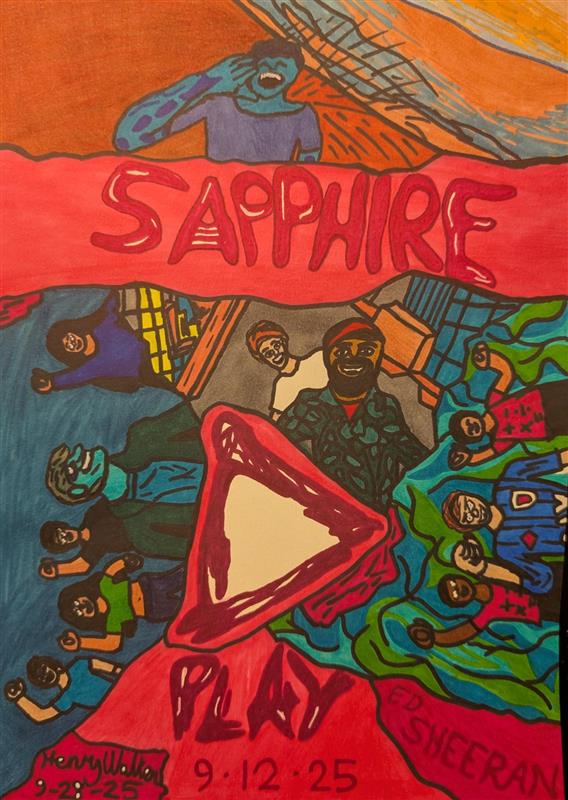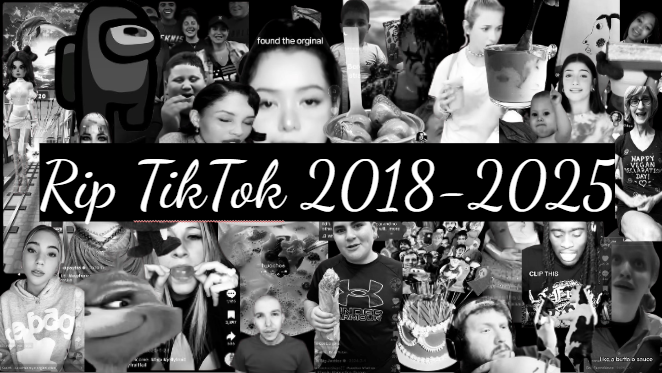If you’ve opened up your FYP lately, or even just walked around the school hallways, you’ve probably heard the news. TikTok, the app that many people in this school have used for 7+ years, is facing a potential nationwide ban in America. We’re here to break down why this is happening, and what Americans have to say about it.
TikTok has become a major part of social media culture, especially for teenage and child audiences. However, the U.S. government is concerned about the app’s data privacy, citing fears that user data might be accessed by the Chinese government, given that TikTok is owned by the Chinese company ByteDance. Lawmakers argue that this could pose a security risk, as personal data could be exploited or used for surveillance purposes, and arguing in a House of Representatives hearing that “we must prevent any app, website, and platform like TikTok from ever spying on Americans again.” The debate has sparked strong reactions from both sides.
Those in favor of a TikTok ban argue that the stakes are high. One prominent concern is that TikTok’s massive user base (around 150 million Americans) opens the door for the Chinese government to “collect sensitive information on and control what we ultimately see, hear, and believe.” as sighted in the house’s first hearing. Critics argue that such access could be used not just for surveillance, but for influencing public opinion in powerful ways.
As the deadline of January 19th, 2025 approaches, TikTok faces a critical decision: if the app isn’t sold to an American company by that date, it could be banned in the U.S.
This is the latest chapter in a long process that began in 2020 when President Trump first attempted to force TikTok to sell due to security concerns. After some delays, the Biden administration took action in 2023, banning TikTok from federal devices and pushing for further regulation. Several states, including Montana, went even further, imposing their own bans. In 2024, the House of Representatives passed a TikTok bill, which President Biden signed. TikTok and its parent company, ByteDance, have since fought back with lawsuits, but in December 2024, a federal appeals court upheld the ban. Now, as we near January 19th, 2025, all eyes are on the outcome. If TikTok isn’t sold by then, Americans may no longer have access to it.
As this deadline draws closer, the reactions from teenagers and everyday users are becoming increasingly intense. Many are voicing frustration not just over the potential loss of the app, but also the broader implications of the government’s actions. Some are even downloading Rednote, TikTok’s Chinese counterpart, as a form of protest. While most of the app’s settings and videos are in Mandarin and the users speak the language, people are finding it as a good alternative to TikTok and many enjoy it more than other American apps like Instagram or Twitter. Surprisingly enough, people have made new connections with Chinese citizens as a result of this ban.
Others are claiming the ban “is a violation of the freedom of speech” as sophomore Andrew Baker told us; and he is not alone in that opinion. For some, the ban feels like an attempt to control their voices and limit their digital space, fueling resentment toward the government’s motivations. However, most are understanding yet sad about the situation. Gwynevere Hill spoke for many online users when saying “While I understand the government’s stance on US privacy, I honestly think it’s just going to create a cycle.”
For others, it’s the personal connections that are at risk. Teenagers have formed communities, friendships, and identities on TikTok, and many are already mourning the potential loss. “It helps the youth stay connected to the world,” An anonymous student said. The app’s influence has been so profound in shaping the cultural moment that its disappearance would feel like the end of an era for some.
But it’s not just about entertainment. Small business owners, influencers, and content creators who rely on TikTok to reach audiences and promote their work are particularly hit hard by the threat of a ban. Influencers are also worried about losing their jobs, with many having built entire careers from viral videos and brand partnerships on the app. Without TikTok, they fear they’ll lose their livelihoods or have to start over on a new platform with far less visibility.’
Despite the hopes of some influential figures like Mr. Beast, Steve Mnuchin, or even Kanye West might somehow intervene, the CEO of TikTok has implied that there are no plans to sell the company during interviews on Capitol Hill. With the clock ticking, it appears that the end of the TikTok era is fast approaching. As the deadline of January 19th, 2025 looms, we may soon find ourselves reflecting on the app’s role in shaping pop culture, from viral dance challenges to quirky memes and the rise of influencers. The memories of Hype House dances, quarantine fandoms, and countless trends may soon fade into the past, leaving behind a void in the digital landscape.
For better or worse, TikTok has had an undeniable influence on the way we connect, create, and consume content. Whether or not it survives, it has already changed the fabric of online culture. We’ll have to see how that culture evolves, with or without TikTok in the picture.







